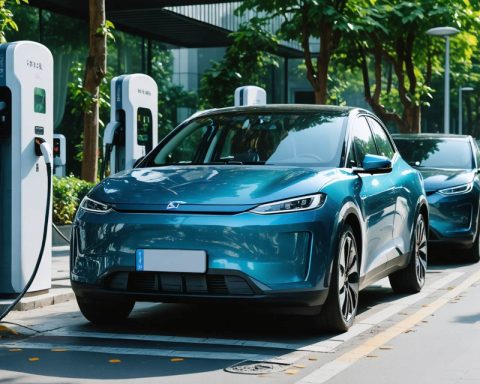
Major Upgrade for Selfridge Air National Guard Base: New Jets to Transform Operations and Economy
The transition to 21 F-15EX fighter jets marks a significant upgrade for Selfridge Air National Guard Base, replacing the older A-10 Warthogs. These advanced





















